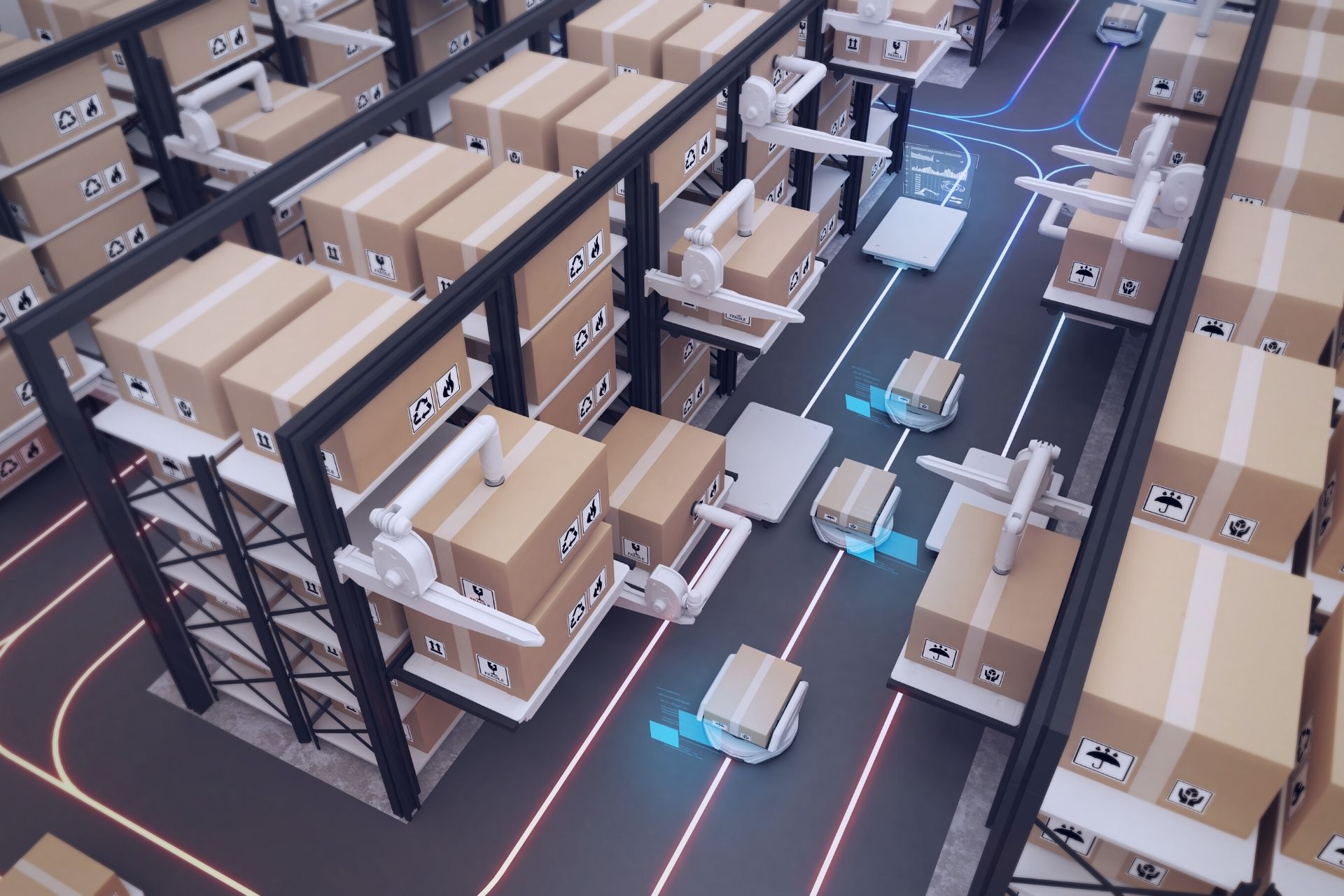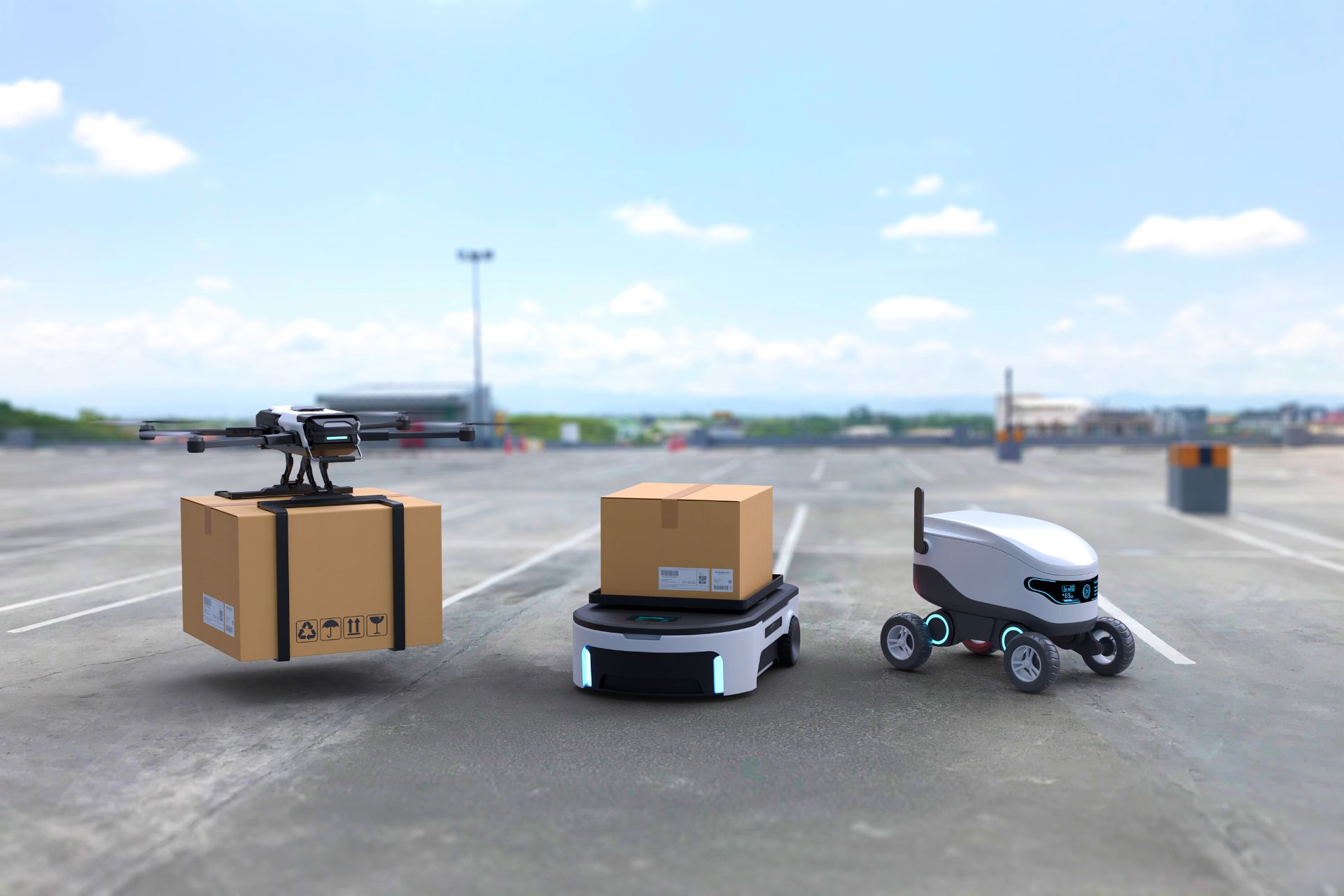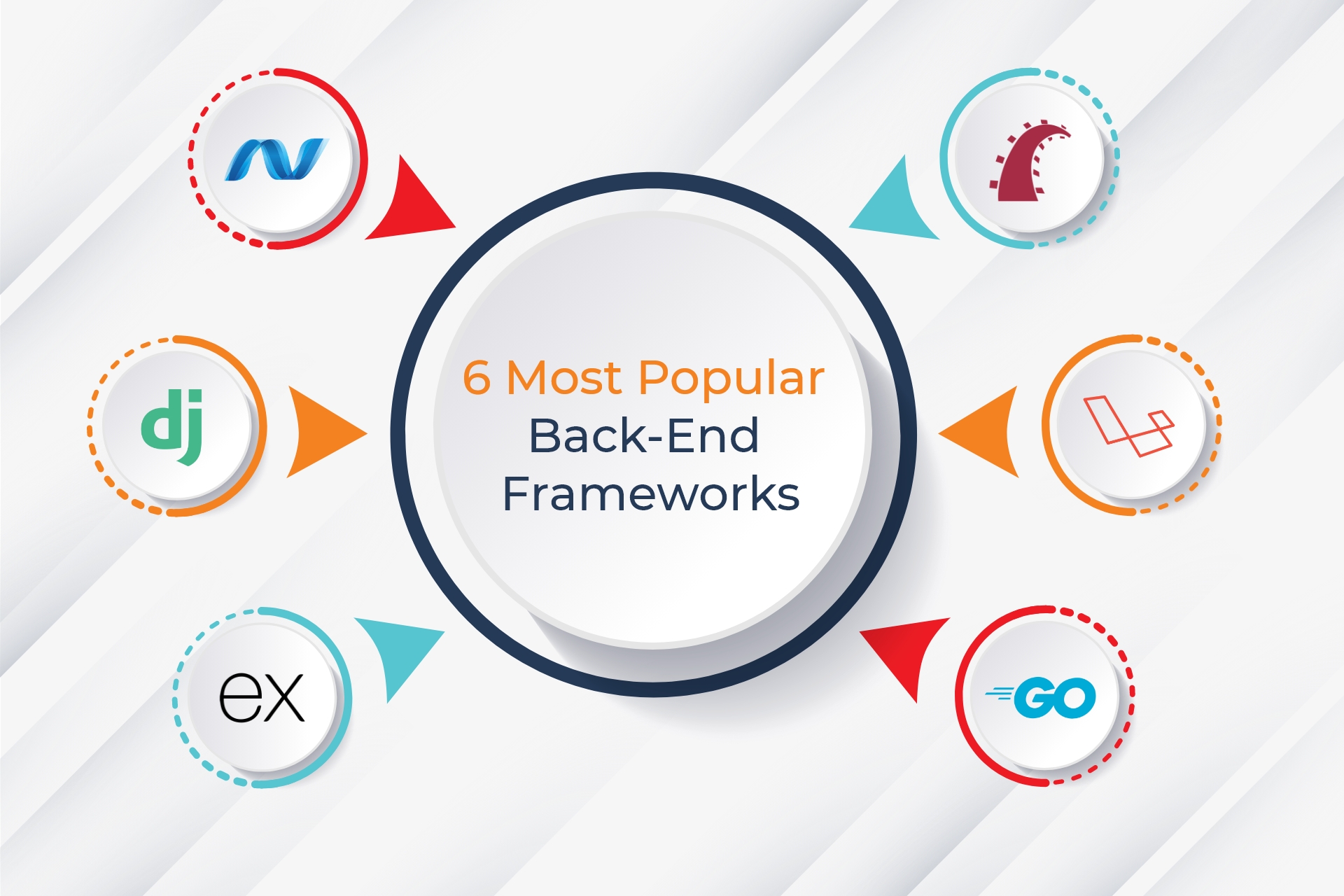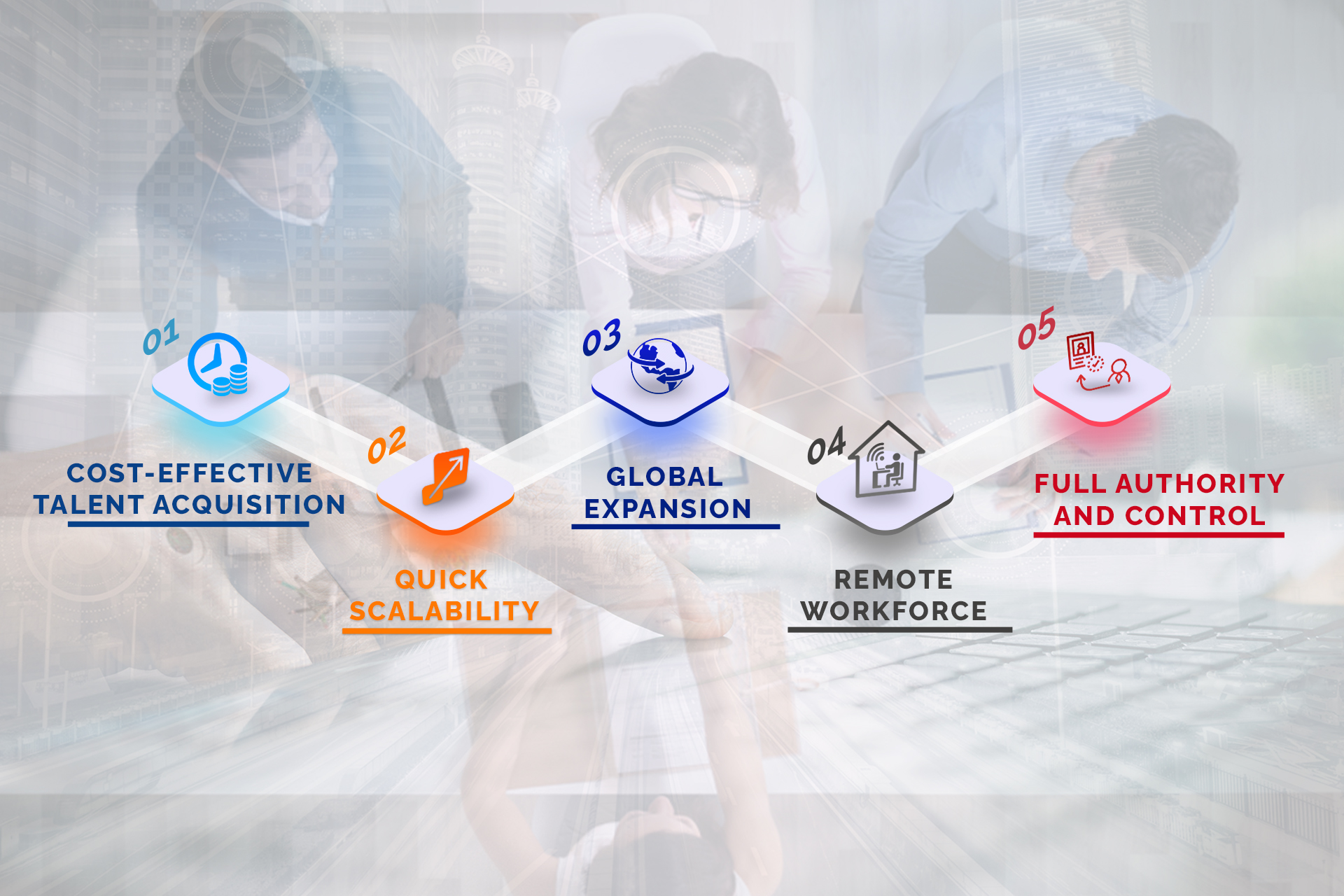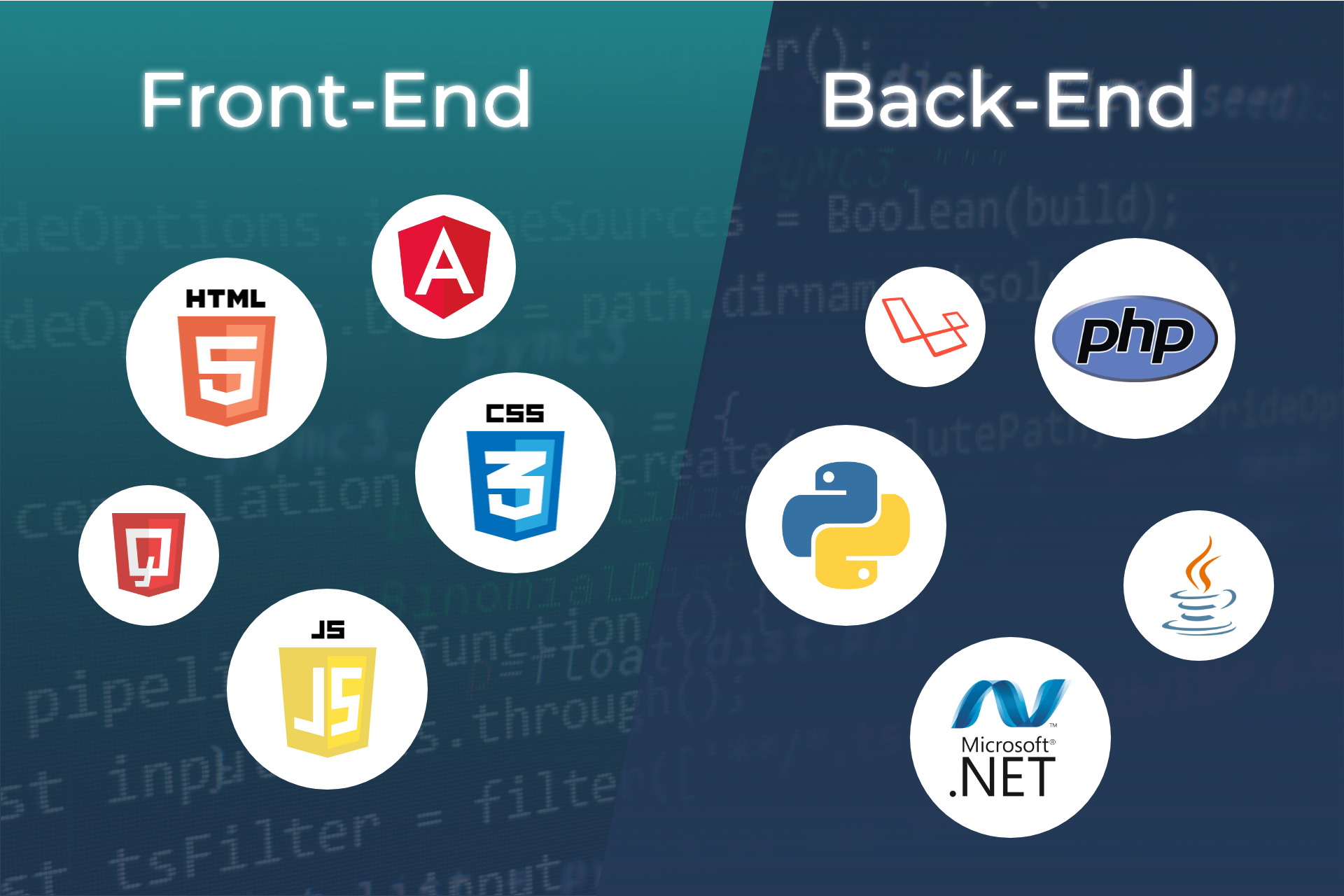
Why custom ERP integration matters for a manufacturing business?
By Admin
Since the manufacturing business becomes more and more complex with each passing day, with customers now demanding customised products or competitors entering the field giving a tough fight, it's how manufacturers scale their business and optimise the resources that would give them a bigger slice of the profit and market share.
But how do manufacturers ensure that all the manufacturing and other business operations are optimised and in sync with the strategy that would provide the maximum ROI? That’s when businesses start to think about implementing an ERP system. Though ERP systems date back to the 1960s, they have gained massive momentum only in the past few decades. Meant for large corporations with heavy pockets initially; now, with the advent of Machine Learning and Artificial Intelligence, even Small and Medium-sized manufacturing businesses can integrate customised ERP systems to streamline their manufacturing and business processes.
Off-the-shelf ERP vs. Custom ERP
As easy as it might sound to get an ERP system integration, the reality is different. Manufacturing businesses grapple with multifaceted challenges ranging from supply chain disruptions and production bottlenecks to streamlining sales, marketing, and operations. Over and above the macro challenges, there are hundreds of other micro-levels, daily challenges, like the demand for real-time data, swift adjustments to production schedules, etc., which require tools designed specifically for the business and suitable to its work culture.
Now, you might think you can go with an ‘off-the-shelf’ ERP system that meets around 90% of your business needs. And we would agree with you if your thorough analysis says so. If that’s the best fit for your business, go ahead with it!
However, we would also like you to know more about what the remaining 10% of the unmet needs would do to the entire manufacturing process and operations. The micro-nuances of the manufacturing business, which often have a significant impact on the economies of scale, can be missed by the generic ERP system, which does not accommodate your industry-specific or business-specific process. While there could also be some redundant features which are of no use at all, and data security can also become a big concern.
In the short run, generic ERP is a cost-effective solution. However, when problems escalate due to missing functionalities and inappropriate workflows, it can pose a serious problem in running manufacturing and operations smoothly.
Benefits of Custom ERP Integration:
Reduction in Operational Costs:
A single centralised system can directly affect the business’s bottom line. You can reap significant savings at excellent efficiency and higher productivity by streamlining and integrating warehouse and distribution centres with operational and administrative costs through a custom ERP system.
Customisation in Business Solutions:
No two manufacturing companies are the same, meaning each company’s requirements differ. Operating geographies, manufacturing geographies, number of manufacturing locations, target market, etc., vary from company to company. Custom ERP solutions have the flexibility to be updated/changed to meet the ever-changing needs of modern-day manufacturing businesses.
Increased Data Security:
Every business in today’s day and age understands the importance of data protection and data security from cyberattacks and data theft. Custom ERP software can offer real-time risk management tools. Another essential factor which affects efficiency and productivity - streamlining documents and data to keep it readily accessible, accurate and current, can be implemented better through a custom ERP solution.
Enhanced Inventory & Warehouse Management:
You can conserve your valuable resources of time, money, and manpower through a custom ERP solution, which enables you to keep track of inventory and warehouse by providing real-time insights into operations. Maintaining adequate stock levels and eliminating stock outages are crucial for a smooth manufacturing process, which can be solved through a custom ERP solution.
Greater Workflow Visibility:
A lot of manual work, like making numerous phone calls and in-person site visits for necessary updates on production and operations, can be removed completely by having a custom ERP system through which you can track real-time data of multiple departments and locations, streamlining the operations in manufacturing plants and distribution centres.
Optimised Production Management
As it becomes easier to keep a track of inventory and raw materials, along with assistance to automate task scheduling and production planning, manufacturing businesses can optimise their production management through a custom ERP system.
This is not an exhaustive list of the benefits of a custom ERP system. Now, with the integration of Artificial Intelligence and Machine Learning, custom ERP solution providers are on the cusp of revolutionising ERP systems, which can provide predictive insights, automate complex tasks, and achieve operational excellence.
Now, the responsibility is on you to decide. Are you thinking about the short term or the long-term goals? What is the future that you envision for your business and for your organisational efficiency? Can you afford not to have a bespoke ERP system in the long run? If you want your business to truly thrive, streamlined and scale your operations and want your ERP system to be not only supportive but transformative, you are at the right place. Get in touch with us to understand how we can help you scale your business!
Insights
Insights into
our World
A view of the ever-evolving digital world through our screens




